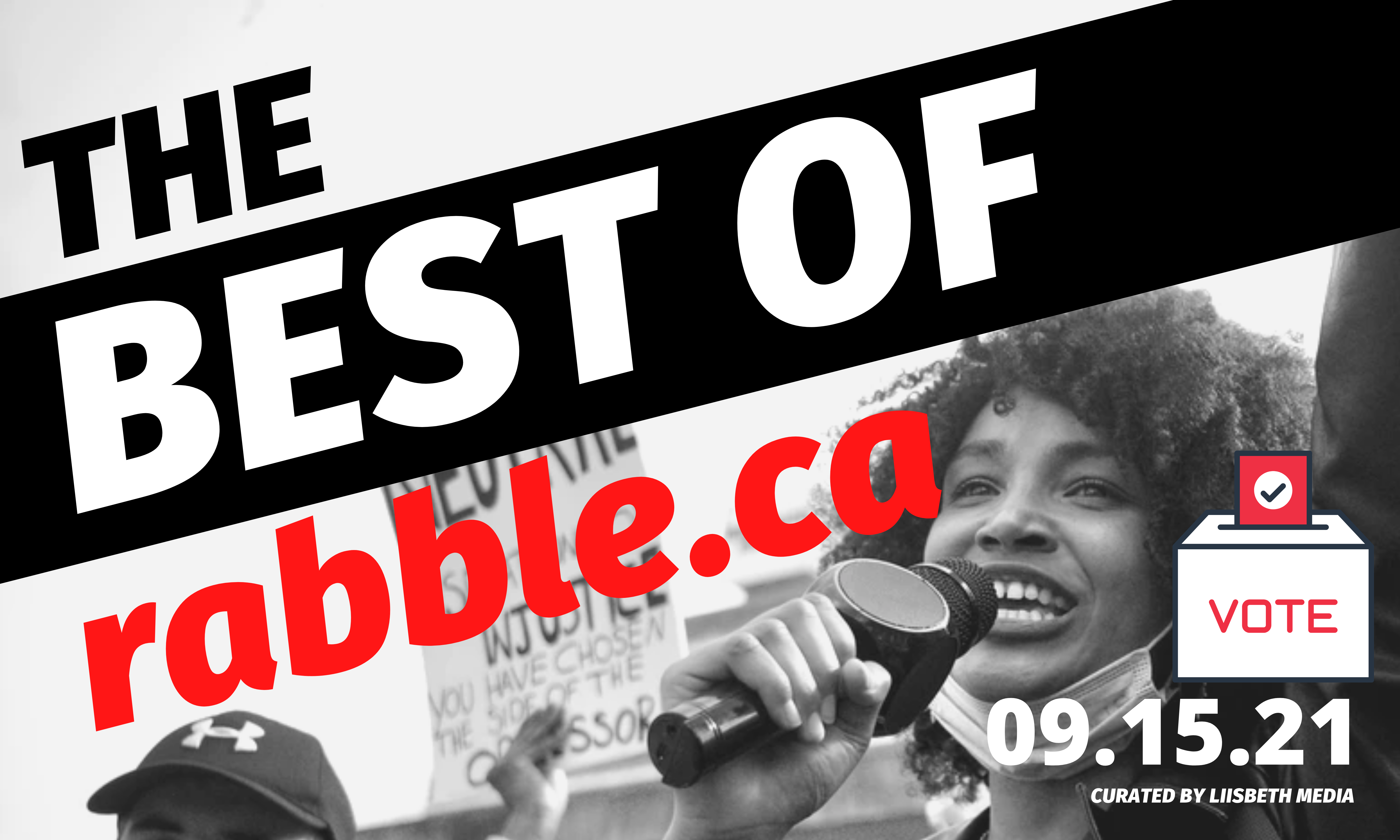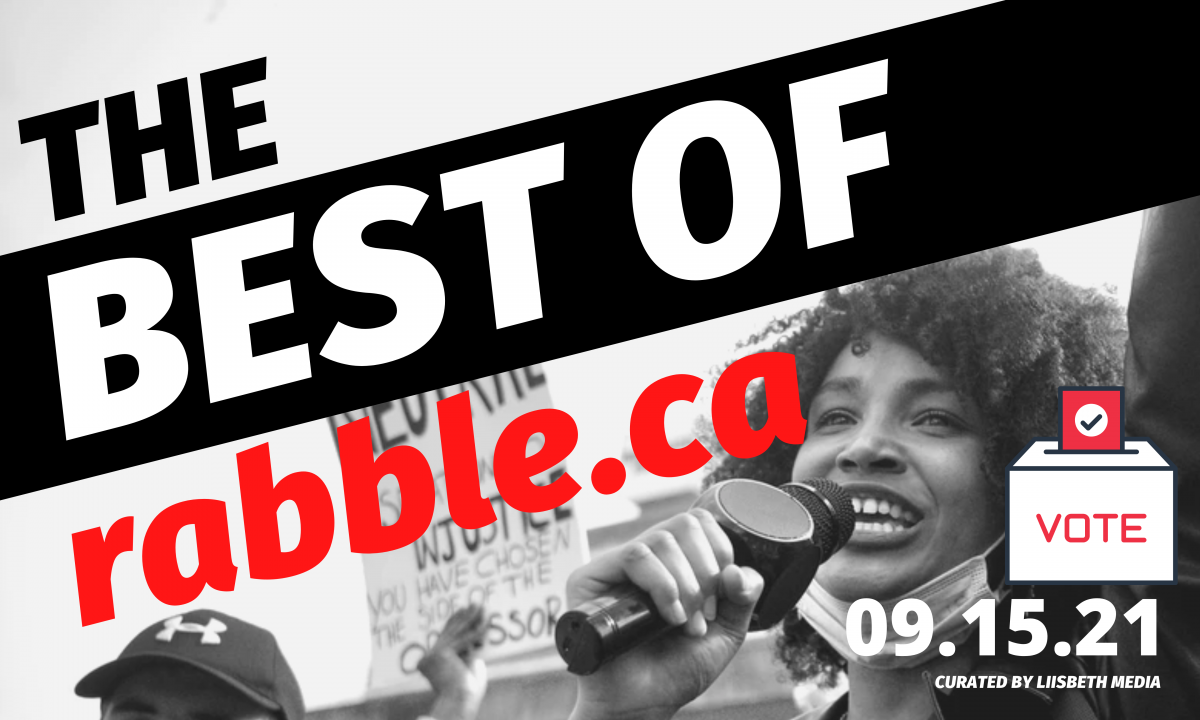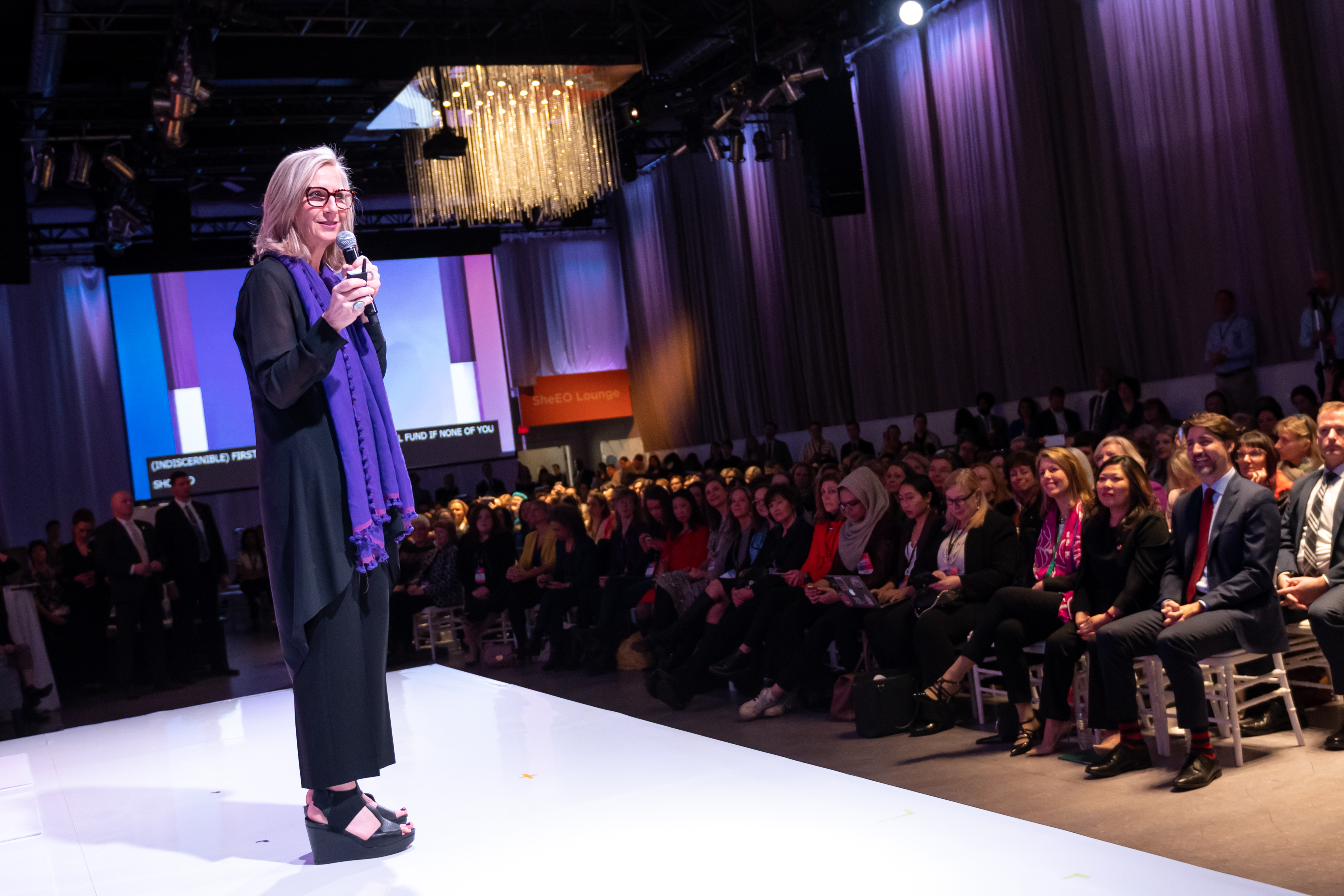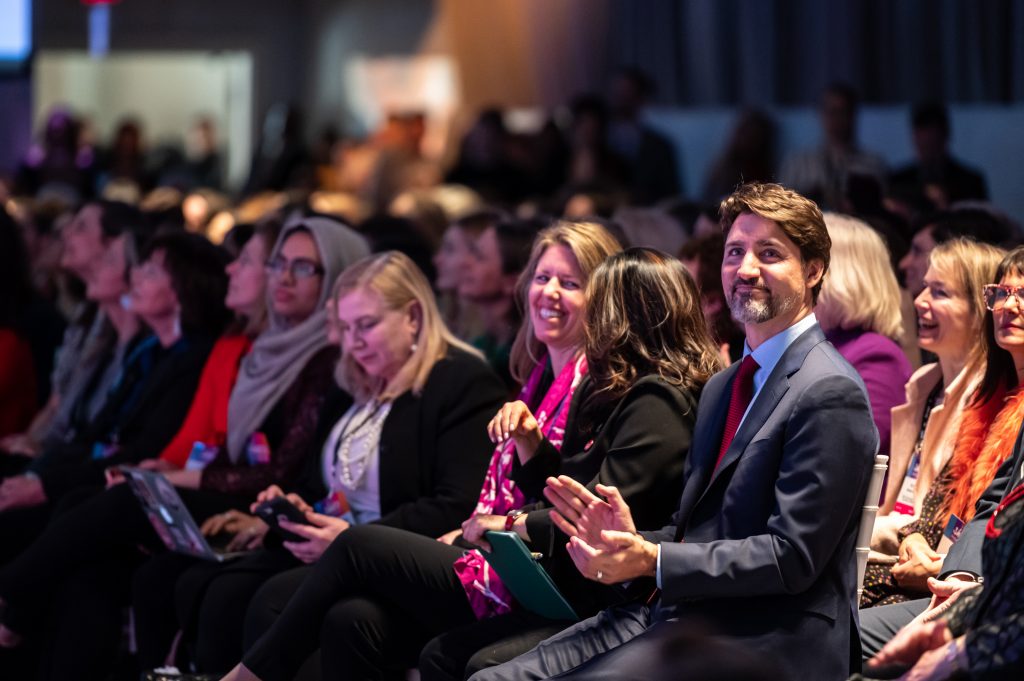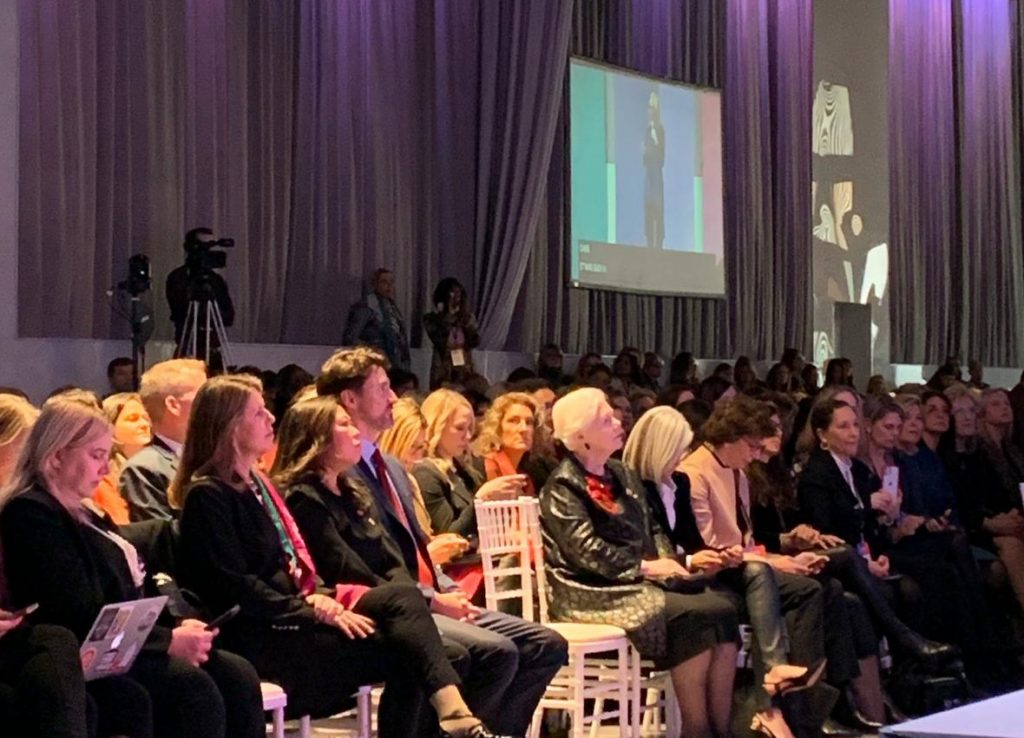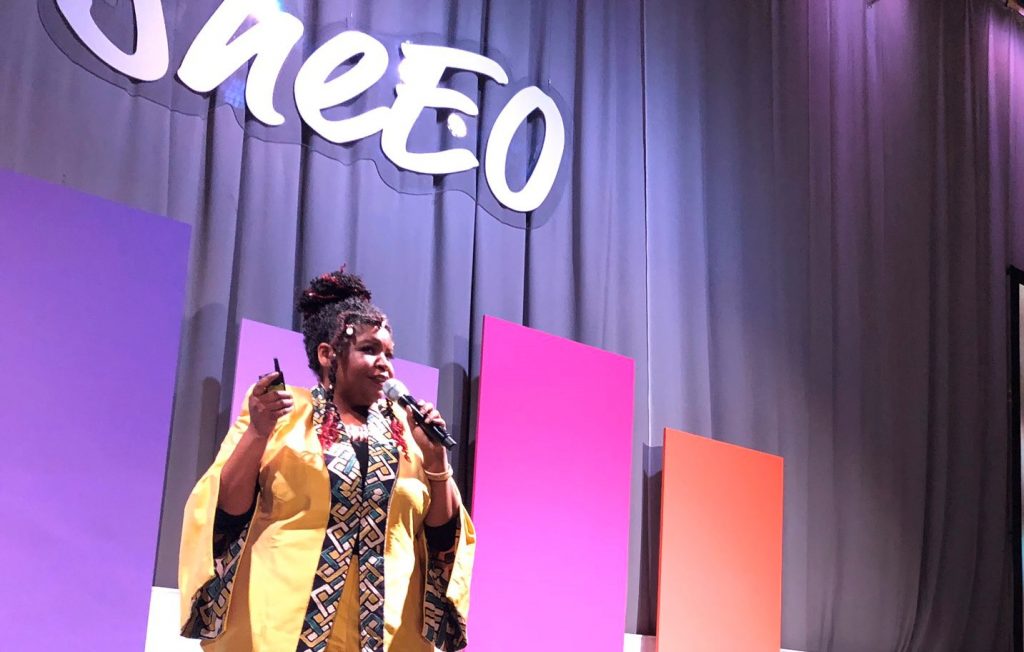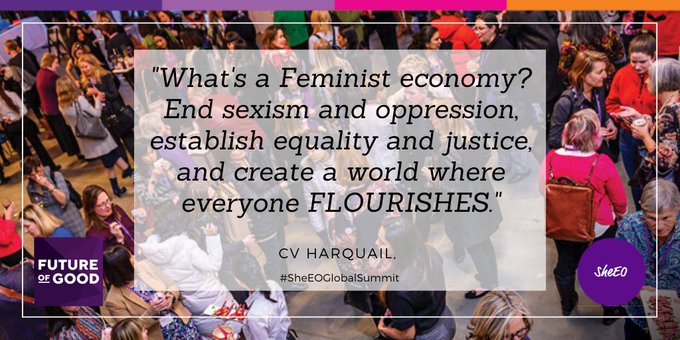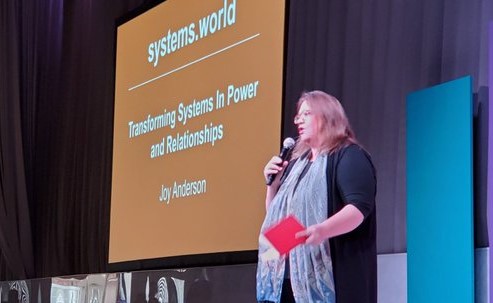Many people seem to believe that innovation capacity is any economy’s secret sauce. The more of it, the better. According to many experts, achieving top tier results in the innovation race is as simple as focusing on getting more business owners and entrepreneurs innovating. In other words, it’s a numbers game.
If this is truly the case, then surely solving Canada’s innovation under-performance is a cinch. Just offer relevant support for ambitious, talented women in the innovation space and the number of entrepreneurs and businesses innovating could increase by 30 per cent overnight. The economic impact would be seismic.
Yet the $200-million-per-year innovation strategy now being touted on the conference circuit by Minister Navdeep Bains, which highlights many ways to drive more innovation output, says nothing about gender parity, let alone mentioning it as a big opportunity. Additionally, the documents circulating online about the initiative also gives no indication that it is even a priority.
Improving on Canada’s glacial innovation advancement record is an important pursuit but so far, this new plan isn’t hot enough to unleash its benefits, especially if it continues to leave female innovators chilly, and potentially out in the cold.
Are Today’s Incubators and Accelerators the Solution?
The Bains mandate states “expanding effective support for incubators [and] accelerators” as a key solution. But how well do today’s incubators and accelerators serve women?
Let’s take a look at an example up close.
One of the most prestigious, well-resourced, young talent–seeking incubators in the country, The Next 36, proudly announced on June 15 a new venture capital fund led by BDC Capital in participation with Globalive Capital and private investors. While this may sound like good news for innovation, one must ask why more money is being spent to support a program run by a 92 per cent male leadership structure?
A closer look at the organization’s leadership (as advertised on its website) finds that men make up six out of seven of its founders, 13 of its 14 board members, 13 of its 14 faculty members, and 19 of its 22 mentors. And the number of female innovators selected annually to participate in this elite program ranges from five to 11 out of a total of 36 per session over the past four years. Go a level deeper and look at seven of the companies that the current board members of The Next 36 work for as their “day job” collectively. The boards and senior management of these companies have just five women in a total of 48 positions (that’s just 11 per cent).
It doesn’t seem to get any better when it comes to the leadership of the principal partners involved in this newly announced fund. Government-owned BDC Capital lists eight men and just one woman on its executive team. Globalive Capital and Alignvest, both self-described “world-class” investment management firms, are made up of 100 per cent men in their partner ranks.
Gender inequality at work in this incubator is more than skin deep. Sadly, The Next 36, an idea with exceptional potential, is starting to look more like The Past 36 at a time when Prime Minister Justin Trudeau, a self-declared feminist, managed to achieve gender parity in cabinet in one fell swoop.
Moreover, The Next 36 example is not an isolated one. Here in Ontario alone, many regional innovation centres themselves acknowledge and report sub-optimal performance in the gender equality department with participation level ranging from a low of four per cent to a high of 25 per cent.
The innovation eco-system has a long way to go to meet Kathleen Wynne’s and Justin Trudeau’s standards of gender parity.
Back to Canada’s Innovation Strategy
If we truly believe gender diversity has a business case when it comes to realizing enhanced performance, then we must also believe that gender diversity matters in innovation policy.
Solutions
LiisBeth has four ideas to offer:
- First, government-funded incubators should be asked to pledge to achieve gender parity within management and mentor ranks by the end of 2017 and be given one year to get there.
- Innovation policy should encourage and support the creation of autonomous, women-led, female founder–focused incubators and innovation programs. It’s nice to think a gender-blind approach is a pinnacle of form, but if we are honest we know it typically means a male-led and male-centred approach to a masculine culture environment that—by the way—also welcomes women. The research is clear. This works for some, but not many.
- Unleash innovation at the margins by developing a complimentary demographic-based incubator strategy. Innovating something new and forgoing income to do it is scary enough, let alone trying to succeed in a space that doesn’t make you feel like you belong. Many talented innovators simply do not feel comfortable or motivated by being a part of a culturally or socially alien space, including Indigenous, trans, new Canadian, or age 50-plus entrepreneurs. It might be interesting to note that other nations seem to have figured this out. For example, Israel now has an ultra-orthodox tech incubator. If we want more business owners and entrepreneurs innovating in Canada, we cannot arrogantly insist that they all participate in an environment “we” think is best for them. A little support for demographically specific incubators would go a long way.
- Finally, we should also require all private venture capital firms seeking government-matching funds to disclose their gender equity and diversity state, and submit plans for improving them within 18 months if they are below the water line. We all know this: equal access to capital is absolutely critical if we are to truly leverage our talented female and other marginalized innovators.
Optimism?
There is room for optimism. For example, the Bains Ministry’s recently published backgrounder states: “Only by mobilizing every sector of society to do its part will all Canadians have the opportunity to participate fully in an innovation economy.”
In addition, Bains’ mandate letter from the prime minister says expressly that the Minister of Innovation, Science and Economic Development is expected to “help ensure gender parity.” As his mandate marching orders—and common sense—dictates, Bains must work to correct a no longer acceptable gender gap in the innovation space.
How much he has taken to heart in this arena is unclear. Bains’ recent eight-minute speech at Canada 2020 covered the usual: the importance of tech; being kinder to failure; his father’s $5 self-made entrepreneurial journey; the value of universities; and how to become a global innovation leader. But there was nothing said on the issue of gender parity in the innovation space.
If Minister Bains wants to succeed where others have failed, and if indeed, winning at innovation is a numbers game, then fostering gender equality and broader inclusion overall are two significant opportunities that should not be overlooked.
Want to write to Minister Navdeep Bains to voice your opinion on his innovation strategy? He is looking for input. Details on how to contribute to the discussion have not yet been announced, but in the meantime, you can email him at [email protected]
